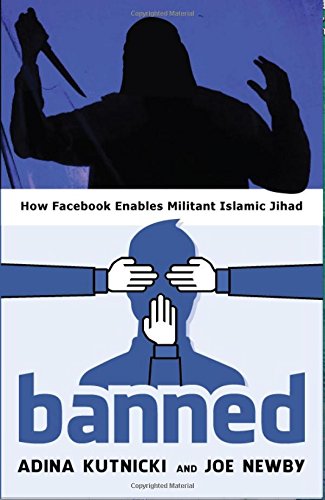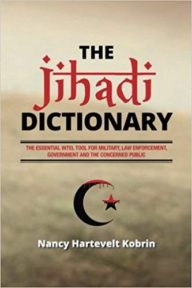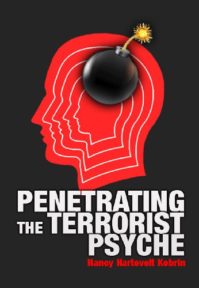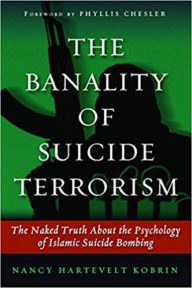Who Hacked Hezbollah’s Bank Account? + Hackers Release Images From Inside The Safe-Rooms Of Hezbollah’s Al-Qard Al-Hassan
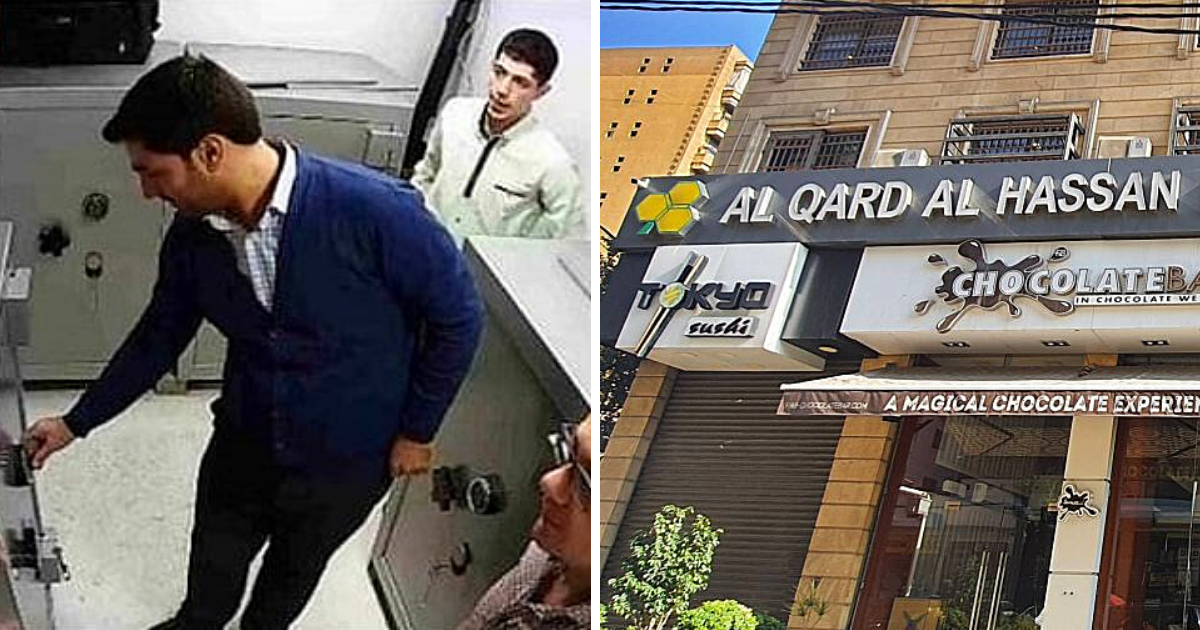
(New images have been released by the anonymous hacker group SpiderZ showcasing the inside of the safe-rooms of Al-Qard Al-Hassan, Hezbollah‘s financial institution disguised as a charity.)
Hackers Release Images From Inside The Safe-Rooms Of Hezbollah’s Al-Qard Al-Hassan
HAARETZ | By Avi Bar-Eli | January 7, 2021
Leaked documents, probably the work of a cyberattack led by a foreign government, will make it harder for Hezbollah to manage its money.
|
But it was Hezbollah alone that was the victim of the cyberattack being documented by YouTube. The hack exposed information on some 100,000 account holders from several countries with money deposited at Lebanon’s Al-Qard Al-Hassan benevolent loan association, a Hezbollah-affiliated institution.
It also revealed the names of 200,000 mainly Lebanese borrowers, details on loans taken in 2019-20 and information about accounts Al-Qard Al-Hassan has opened at banks in Lebanon and Europe despite U.S. sanctions.
“It significantly undermines the security of the people who opened accounts there,” said Uzi Shaya, a former Mossad official. “They will now be labeled as Hezbollah supporters and this could harm their ability to conduct financial affairs. As for Al-Qard Al-Hassan, the leak could now make it difficult for it to manage accounts in Lebanese banks.”
The video’s message was that the pervasive corruption in Lebanon, of which Hezbollah is a part, was the reason behind the hacking attack – an act of revenge by fellow Lebanese, not the work of an outsider.
“The Hezbollah economy operates in parallel with the Lebanese economy. Hezbollah’s extortion of Lebanese capital has caused the economy to crash …. Al-Qard Al-Hassan isn’t a charitable organization, it’s Hezbollah’s bank,” asserted the anonymous hacker in the video.
|
|
|
 |
| Negotations between Israel’s Shirbit insurance and the hackers that stole its data |
Then, two weeks later an attack no less well-publicized was staged against Lebanon’s Al-Qard Al-Hassan benevolent loan association. Cybersecurity experts that have examined the leaked material said the attack occurred against both the bank’s computer and security systems, pointing to the role of a foreign intelligence body.
Al-Qard Al-Hassan was established in 1983 as a charitable organization offering social microloans to Beruiti Shiites. For three decades it operated in the shadow of Hezbollah’s better known financial institutions, such as the Shahid Fund and the investment bank Yousser. They enabled the organization to operate a financial system parallel to but independent of Lebanon’s.
Hezbollah has amassed money from various sources – legitimate businesses run by its supporters around the world, criminal activity by Shiites in Latin America and West Africa and donations, not to mention aid from Iran estimated at $100 million a year.
The money was deposited by Yousser in Lebanese banks.
The system enabled Hezbollah to avoid exposing its operatives, but also made it easier for outsiders to locate its money and the banks providing it with assistance. Israel’s Mossad as well as the legal-advocacy group Shurat HaDin was able to trace Hezbollah’s capital and sue the banks it relied on for financial compensation overseas.
Nitsana Darshan-Leitner, Shurat HaDin founder and director, said Al-Qard Al-Hassan has replaced other Hezbollah financial institutions targeted by sanctions and has learned from their mistakes. It also used to deposit money in commercial banks in its own name, but starting in 2016 (after it was cited by the U.S.) it began opening accounts in the name of its employees.
The accounts would be held in the names of two or three workers to prevent any of them from stealing money deposited at a later time.
Later Al-Qard Al-Hassan became a bank, opening 30 branches, setting up a deposit-management system, offering loans and international money-transfer services. Recently it launched an app and installed ATMs in branches. At a time when other banks are collapsing, it has convinced Lebanese unaffiliated with Hezbollah to open accounts.
“Al-Qard Al-Hassan is the institution that today manages Hezbollah’s budget, which is between $1 billion and $15 billion a year. It pays the salaries of operatives and even issues them credit cards,” said Shaya, who had been head of Harpoon, a Mossad team formed to locate Hezbollah’s money sources.
The information leaked by the SpiderZ hackers revealed that people from countries such as Germany, France and Bulgaria opened accounts at Al-Qard Al-Hassan using power-of-attorney documents sent to Lebanon. That suggests they were using the bank to launder money from their home countries.
In addition, Shaya said, the client list included Iranian organizations, such as the embassy and airline Mahan Air, which suggests that Al-Qard Al-Hassan is being used to skirt U.S. sanctions on Iran. It also showed that Al-Qard Al-Hassan staff hold accounts at banks overseas, including Societe General.
Hezbollah confirmed the hacking in a statement to a website identified with the organization but has insisted the damage was minimal.
Shurat HaDin – Israel Law Center
B.S.R. Tower 3
9 Metsada, Bnei Brak, 5126237, Israel
Israel Phone: 972-3-7514175 | US Phone: 646-661-2811
Fax: 972-3-7514174


